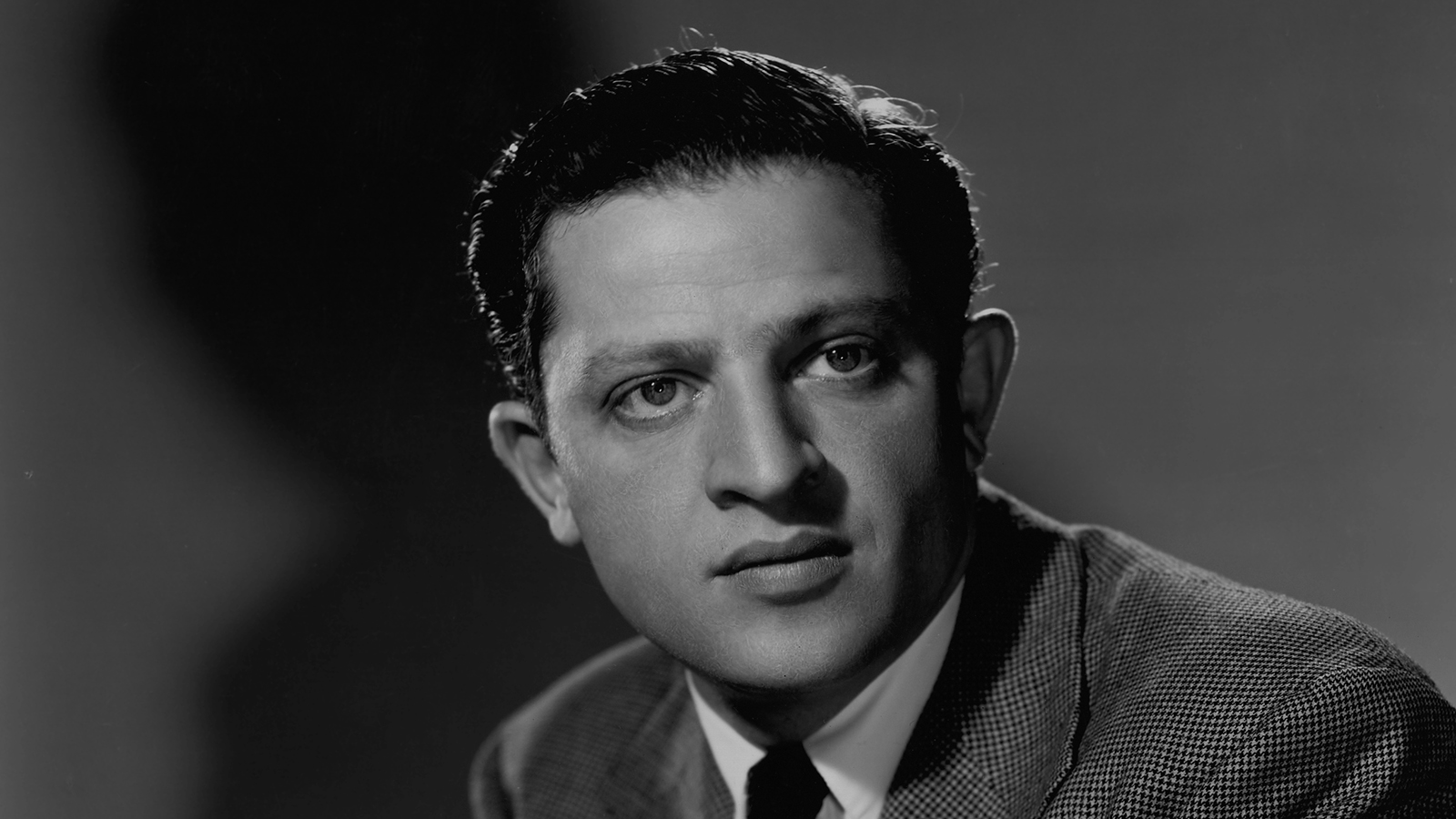Jules Dassin, 1911–2008

As a generation of artists passes, the deaths often seem to come eerily close together, amplifying their individual achievements. In the past couple of weeks, we’ve lost The Naked City screenwriter Malvin Wald, then the incomparable Richard Widmark, and now hear the incredibly sad news of Jules Dassin’s death. Somehow it feels wrong to learn of such events via e-mail—effectively flattening our communication such that the message of a great director’s passing sits side by side with “Lunch?”
Interviewing Dassin remains one of the highlights of my life, and I got to do it twice (both times with the help and contribution of the inimitable Bruce Goldstein). What still strikes me a few years later is how gracious he was. As a person, he belied the “great director as tyrant” stereotype—there was something elegant, sophisticated, and almost gentle about him. For one thing, as much as we tried to get him to talk about the blacklist, he was extremely reticent to do so. He refused to “name names,” which I suppose would have been out of character. He would only specifically mention people who had gone out of their way to combat the hysteria—especially pointing out Gene Kelly. But Dassin refused to talk about the people who had taken the easy way out. The one person whom he reserved the right to speak ill of was Roy “I Can Tell in Five Minutes If a Person Is a Communist” Brewer.
I think another reason that Dassin didn’t want to talk about the blacklist was to avoid being defined by it. He recognized, exile or no, that he did get to make quite a few movies and that they were damn good. Every now and then I have found someone of the opinion that Dassin is perhaps overrepresented in the Criterion Collection. I find this attitude completely befuddling. There are certainly directors I would love us to add to the collection, but not at the expense of the lapidary precision of Rififi or the almost unwatchably harrowing masterpiece that is Night and the City.
I look at Thieves’ Highway, a “minor,” neglected film, and wonder why it is not considered the achievement that it is. It’s my favorite Dassin, because the human relationships are drawn so exactingly, so tellingly, and so tragically. Even Lee J. Cobb’s villain is nuanced and complex, understandable as a product of the system every bit as much as Richard Conte. Some criticize the occasional flourish from Dassin, such as Hume Cronyn’s sadistic torture scene to the sounds of Wagner in Brute Force. I think rather that these are the moments where Dassin shows his hand. In transcending the taut realism for which he was known, he takes the audience somewhere else—ancient Greek tragedy, perhaps. I write this knowing he would have scoffed at such a comparison.
If consistently great performances from actors are a measure of a great director, then on this score I think Dassin is simply in a class by himself. Think of Cronyn in Brute Force, or of Valentina Cortese in Thieves’ Highway, Jean Servais in Rififi, Peter Ustinov in Topkapi, or again of the incredible Richard Widmark in Night and the City. One great performance can be attributed to good casting and luck, but Dassin filmed a number of performances over his career that were extraordinary, in some cases by actors who never really did much else.
Another thing that came through in meeting him was how much he loved and missed his wife, Melina Mercouri. I’m a little sad to learn that he passed in a hospital, rather than in his home on Melina Mercouri Street in Athens, which would have been fitting. I hope she’s waiting for you with an ouzo, Jules.



